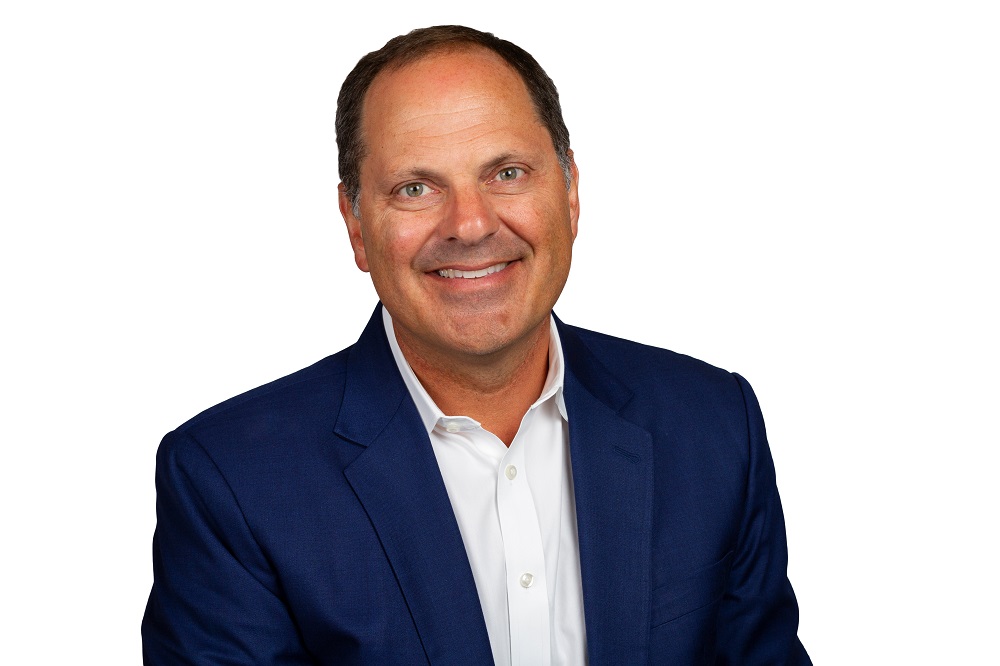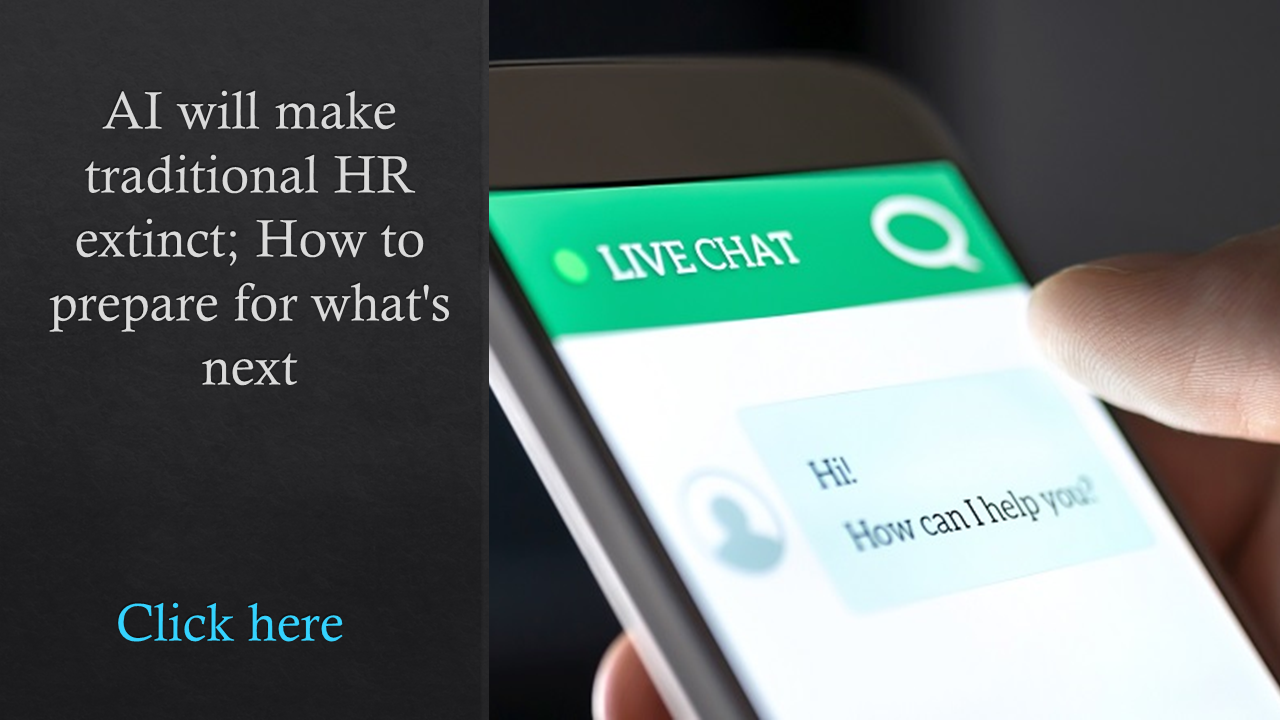Jeff Schmitz took a nontraditional path into HR—and it’s one that he says has prepared him well to lead the function through the evolutions happening today.
Schmitz was named CHRO at Zebra Technologies—a manufacturer of marking, tracking and computer printing technologies that employs about 7,400 people—in November, adding to his title as chief marketing officer, which he’s held since 2016. He previously held executive and marketing leadership roles at organizations including Spirent Communications, Rivulet Communications, Visual Networks and Tellabs.
Schmitz recently spoke with HRE about the transition to HR and how Zebra has worked to balance the needs of its frontline and remote workers.
HRE: How has your marketing and product management background helped inform your approach to the CHRO role?

Jeff Schmitz
Schmitz: Throughout my career in marketing and product management, I have focused on building great teams and setting the right vision for them to succeed. In addition, I’ve been an advocate of developing people and putting the customer first. These approaches have been foundational as I’ve taken on the role of CHRO. As we drive development within the HR organization, we take great ideas, scale them and share best practices across teams. We also tackle complex projects by clarifying roles and responsibilities and building repeatable processes. Putting the customer first—in this case, our employees—is also an ongoing focus, and we maintain this by clearly communicating with them through a variety of channels.
HRE: What is your biggest HR priority at the moment? How different do you think that would have been if it weren’t for the pandemic?
Schmitz: Based on the pandemic in our current environment, our biggest challenges in the HR organization are preparing for the future of work and our return to the office, as well as building diversity, equity and inclusion. Other foundational HR priorities include simplification and execution. We are adopting user-friendly HR technology systems and tools to help simplify our approach to talent recruitment and retention.
While we nurture existing talent, we also identify and attract the best, most competitive candidates who will add to Zebra’s growing success. When it comes to execution, we are expanding our strategic development, training and education programs as well as meaningful DEI programs. We also offer high-touch support through an integrated HR Service Center along with specialized HR resources to enhance the total employee experience.
HRE: Given your industry, you presumably have had a mixture of on-site and remote workers—how do you balance the employee experience for those two sets of employees?
Schmitz: We are thankful for our frontline workers who have continued to go into our facilities every day. All our other employees’ jobs have changed. It’s important that we maintain balance for both on-site and remote workers through consistent communication, focused on our values and culture. Together, we are a community of changemakers, innovators and doers who come together to deliver a performance edge to the front line of business.
However, an on-site worker may require personal protection equipment or time away to care for a sick child, for example, while an employee who is working remotely may need flex time or extra IT support. It is essential for us to level the playing field for both groups—including those who return to the office as well as those who continue to work remotely—by offering the same opportunities for employee engagement and sharing diverse thoughts to help drive our business.
HRE: How has the pandemic reshaped the employer-employee relationship at Zebra?
 Schmitz: First, the health and wellbeing of our employees, customers and partners are our top priorities during this time. The pandemic has pushed us to be more transparent and communicative. We’ve all been in unknown territory in which we want to stay connected and understand what’s now and what’s next as we learn to work through the pandemic challenges together.
Schmitz: First, the health and wellbeing of our employees, customers and partners are our top priorities during this time. The pandemic has pushed us to be more transparent and communicative. We’ve all been in unknown territory in which we want to stay connected and understand what’s now and what’s next as we learn to work through the pandemic challenges together.
I believe this higher level of transparency and communication will be expected going forward. The pandemic has also brought us closer as we experience our lives together in different ways. Through virtual Zoom sessions, we have a view into people’s homes and sometimes even engage with their families. We are experiencing closer virtual proximity on a global scale, and the combination of empathy and emotional intelligence has enhanced the employer-employee relationship at Zebra in this unique situation.
Related: Read more Insights from a CHRO here.
HRE: What role have emerging technologies played in HR strategy over the last year?
Schmitz: Emerging technology trends including mobility and analytics have impacted consumers and enterprises around the world, as well as HR strategy over the last year. For example, recruitment tools and HR management systems that can be accessed on mobile phones offer greater simplicity to current and potential employees. We have also seen an increase in flexibility and speed through applications that enable the execution of performance reviews via mobile devices.
The ease of use and access offered through mobility has had a positive impact on HR strategy. In addition, analytics have helped us understand what’s happening in HR and across the enterprise. Tracking activities such as attrition, diversity, internal promotions, external recruiting—the analytics gathered about all these components and more help us evolve our HR strategy and make smarter business decisions.
HRE: Especially given that you took a non-traditional path into HR, what is your advice for those looking to find success in HR?
Schmitz: Similar to marketing, HR is becoming more complex. It is driven more by analytics and requires greater collaboration across HR functions. HR professionals need to continuously learn new skills based on this evolution as well as to remain relevant as regulatory and statutory guidelines change.
I also recommend focusing on personal and team development as well as building your basic knowledge of HR and adding layers by learning from others internally in addition to attending conferences and other opportunities outside of your organization. It is also important to make a culture of collaboration a top priority. By bringing together diverse talent and big ideas in a collaborative, candid environment, you can propel thinking and power innovation.
HRE: Outside of work, what are you passionate about?
Schmitz: I am most passionate about spending time with family and friends as well as playing golf.
Register herefor the HR Tech Conference to hear more insights from top HR leaders.